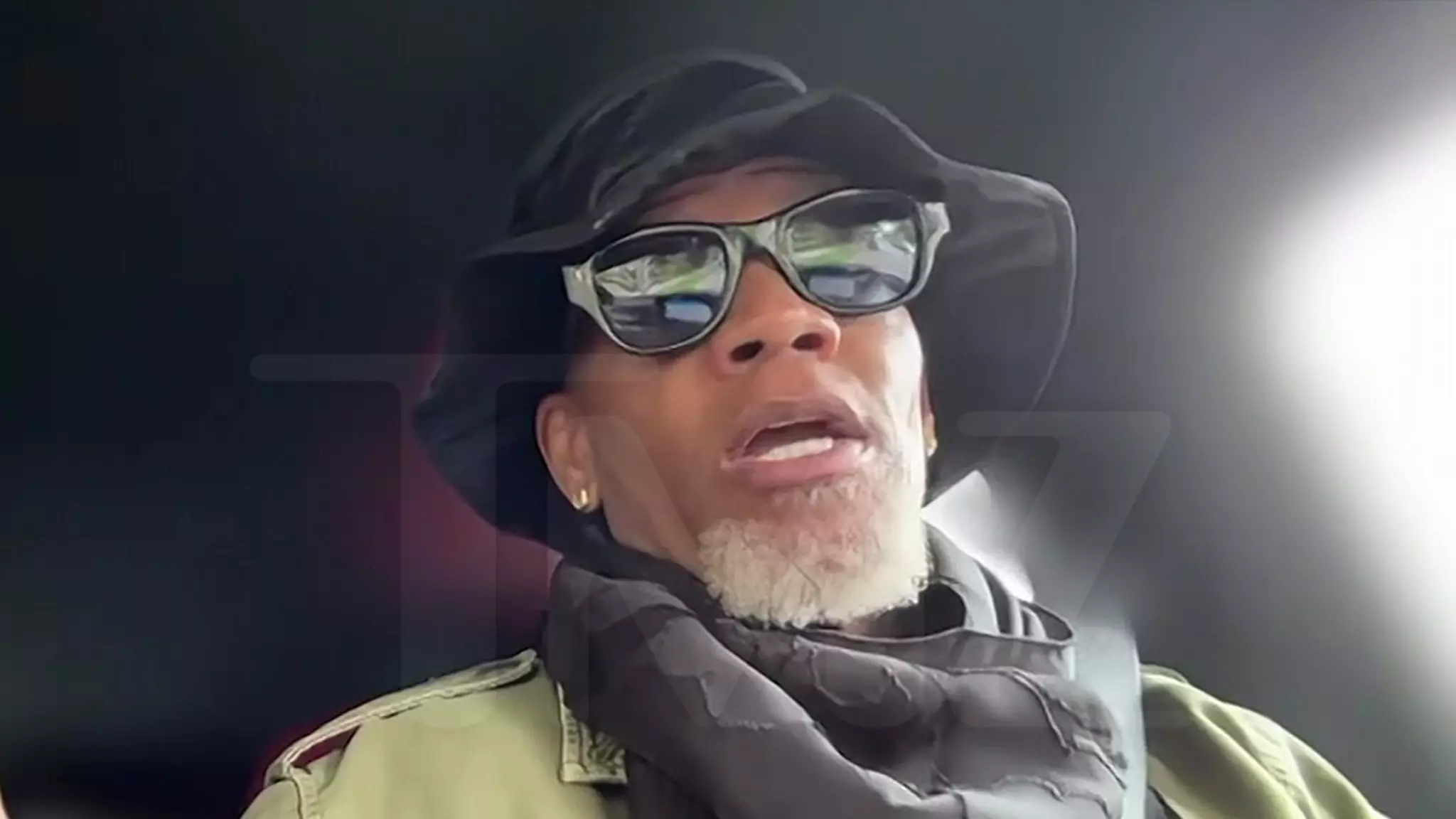In a political landscape fraught with turmoil, the recent award given to former Vice President Mike Pence—the John F. Kennedy Profile in Courage Award—has sparked necessary debate. Comedian D.L. Hughley’s critique of this honor raises valid questions about the very essence of courage in contemporary America. Hughley articulates a startling truth: the recognition of Pence for merely fulfilling his constitutional duty serves as a grim indication of how far our political benchmarks have fallen. If upholding democratic principles warrants a medal, then what does that say about the state of governance?
Hughley’s stance is provocative, arguing that what the country should treat as routine—honoring the oath of office—has devolved into a hallmark of exceptionalism today. The alarming reality is that it is not natural for politicians to face existential threats when they act in alignment with the Constitution. This raises a fundamental issue: when did it become dangerous to uphold democracy and challenge authoritarian threats? In a sense, Pence’s award could be viewed as a symbol of misplaced valor; the absence of such bravery should be the norm, not the exception. The contrast between Pence’s actions on January 6, 2021, and the chaotic atmosphere surrounding those events serves to highlight the fractured state of political integrity within the country.
A Glimpse into the Fabric of American Politics
Hughley posits that Pence’s actions merely reflect a broader reality that thousands of Americans experience regularly: acting in accordance with the law. The comedian underscores that true courage is not only demonstrated in isolated incidents but is inherently tied to the responsibilities of leadership that many have taken for granted. Historical patterns reveal that time and again, unsung heroes have made sacrifices for the preservation of democracy, never expecting commendation. Yet, here we are, idolizing acts of what should be expected behavior, inviting us to question our societal values.
Moreover, the comedian points to Trump’s continued influence in American politics as a reflection of the backlash against such routine constitutional actions. Pence, while noted for his momentary stand against overwhelming pressure, inadvertently fueled a political firestorm that set back principles of governance. This paradox serves to amplify Hughley’s argument: that backward ideologies and divisive elements now gain traction in the very fabric of our democracy.
A New Perspective on Political Accountability
While Hughley acknowledges Pence as a “principled man,” his perspective offers a divided lens on political accountability. The reality is, fear should not be a requisite for performing one’s duty as an elected official. The reverberations of January 6 have created an environment that necessitates vigilance, and the onus is on American citizens to demand more from their leaders.
For many, the award reflects the troubling acceptance of mediocrity within political realms. It prompts a crucial dialogue surrounding what constitutes authentic leadership in times of crisis. As Pence accepted his award, proclaiming that history would remember January 6 as both tragic and a triumph of freedom, it is imperative for citizens to analyze what messages such narratives convey. The distinction between hollow praise and genuine heroism resonates through Hughley’s insights, leaving us to grapple with the definition of courage in a nation currently struggling to find its moral compass.

